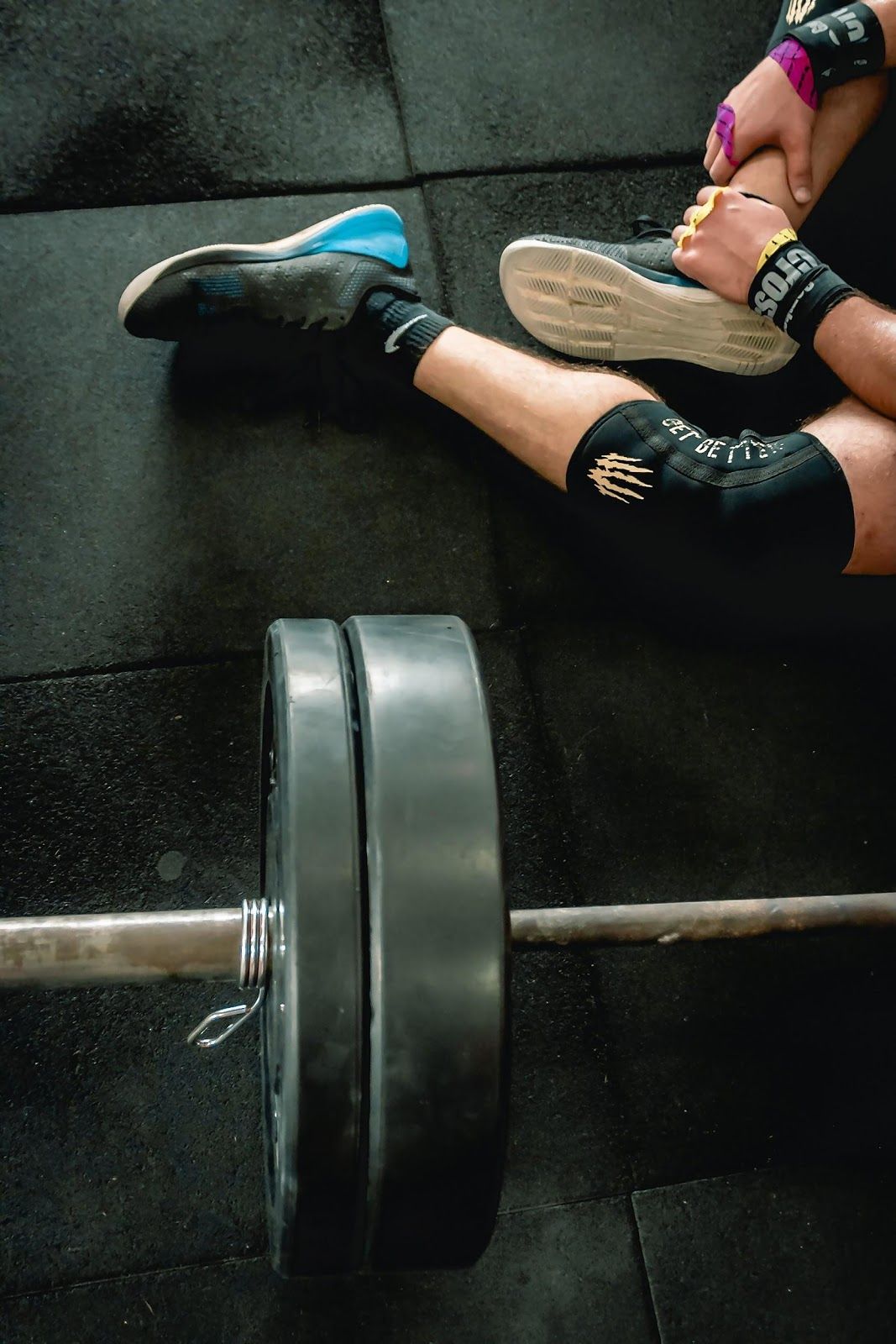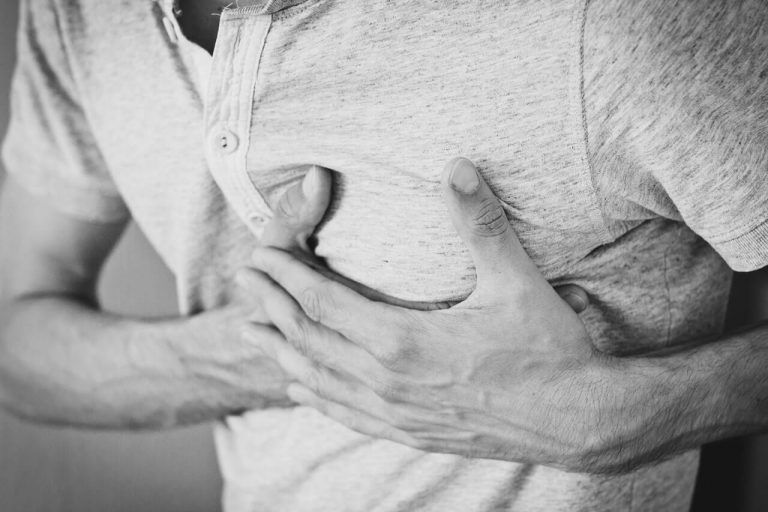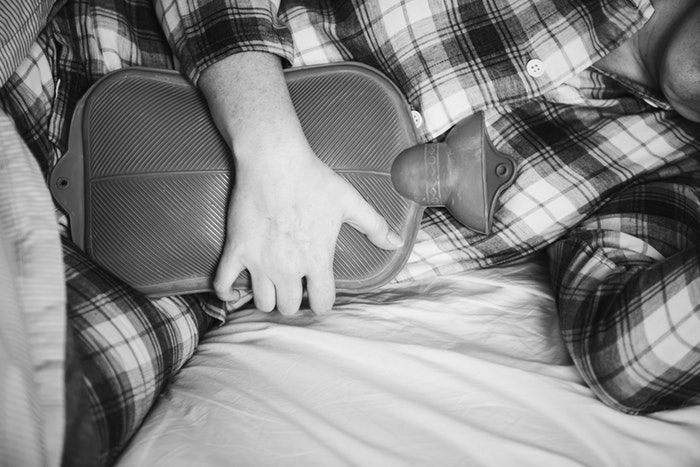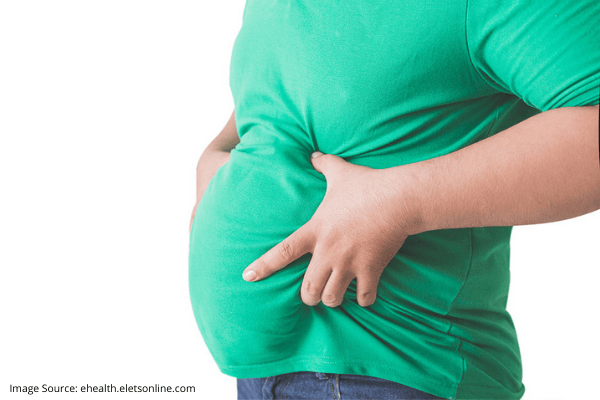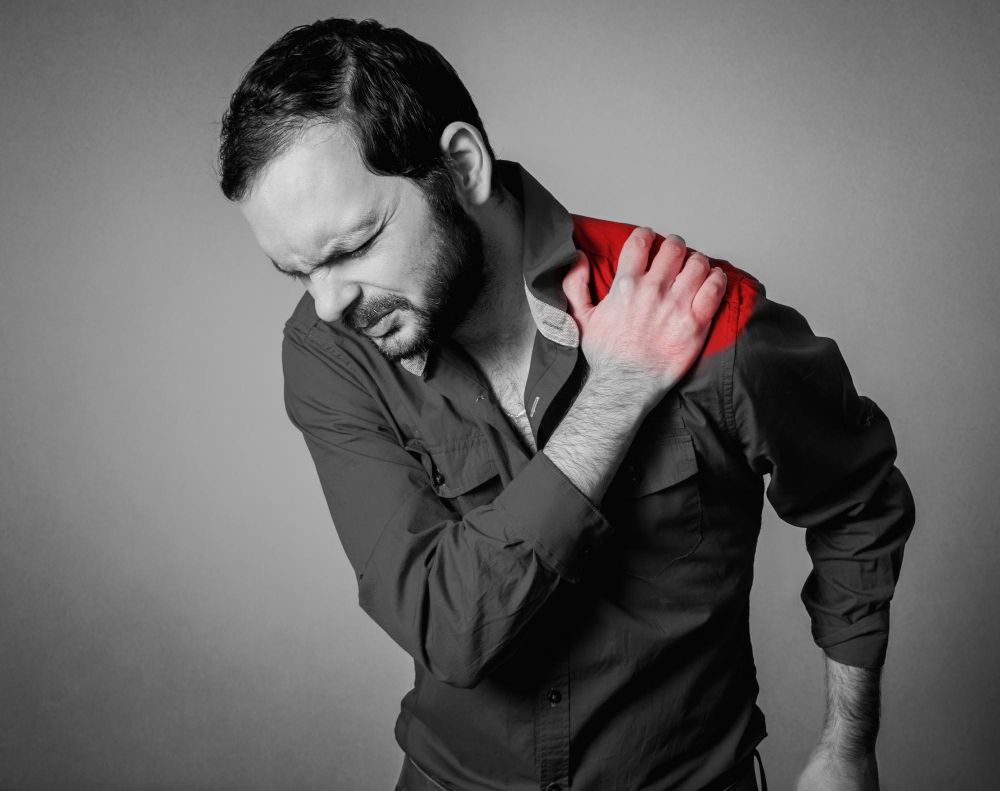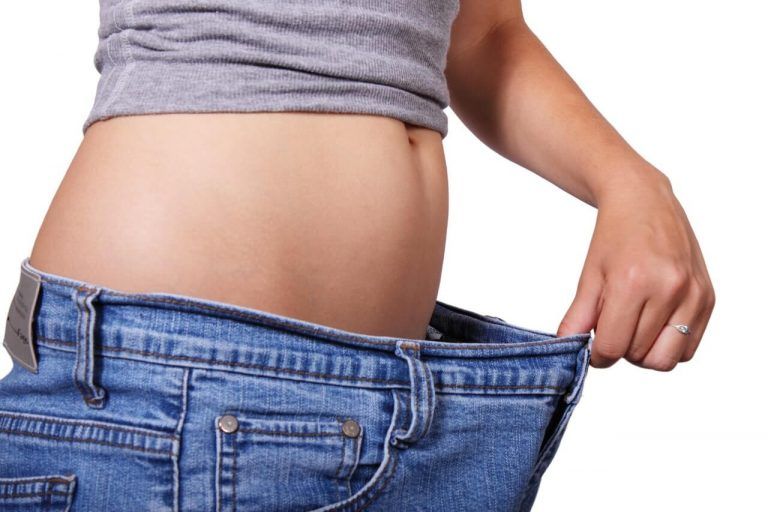Bariatric Surgery and Weight Loss
Bariatric surgery, also known as weight loss surgery, is performed on individuals suffering from obesity. It involves a variety of procedures that help in keeping off weight in the long-term and help in treating obesity as well. This in turn helps in improving cardiovascular conditions and also reduces mortality risk. The surgery entails removal of part of the stomach or a reroute of the small intestine.
New research suggests that bariatric surgery will be beneficial to persons with a BMI between 35 and 40 with no co-morbidities, or persons with BMI between 30 and 35 with co-morbidities.
In May 2016, leading authorities in the field and the International Diabetes Federation, suggested bariatric surgery can be considered as a standard treatment option for type 2 diabetes. Obesity and excess body weight are major factors for the development of type 2 diabetes. Type 2 diabetes accounts for more than 90% of diabetes cases reported globally.
Classification of procedures
There are three main categories of bariatric surgeries:
Predominantly malabsorptive procedures: These procedures reduce stomach size and create a physiological condition of malabsorption.
Biliopancreatic diversion: This is also called the Scopinaro procedure. The original version of this procedure is now rarely performed due to issues of severe malnourishment. This method has been modified into what is known as duodenal switch. The malabsorptive factor is so pronounced that persons who undergo this procedure must take more vitamins and minerals than is usually recommended. Medications to prevent gallstone formation are also recommended. In some cases, the gall bladder itself is removed.
Jejunoileal Bypass: This used to be performed between the 1950s and 1970s and is no longer done.
Endoluminal sleeve: This method, still in early stages, involves implanting a sleeve or liner in the upper part of the small intestine. This aims to alter hormonal changes in the body triggering metabolism and thus, weight loss. The liner is inserted and removed through the mouth. It is an incision-less procedure which is being studied for its efficacy.
Predominantly restrictive procedures
These procedures restrict oral intake of food limiting gastric volume, or creating a feeling of fullness early, with lesser risks of metabolic complications.
Vertical banded gastroplasty: This is also called the Mason procedure or stomach stapling. A part of the stomach is permanently stapled to create a smaller stomach pouch
Adjustable gastric band: This is a laparoscopic procedure, which is also referred to as “lap band”. The stomach is restricted using a silicone band which can be adjusted with addition or removal of saline through a port placed under the skin. This is considered on the safest procedures available in weight loss at present.
Sleeve gastrectomy: The stomach is reduced to about 15% of its original size, by surgically removing a large portion of the stomach, along the major curve. This is laparoscopic procedure and cannot be reversed. The incised edges are stapled or sutured together leaving the stomach shaped like a tube or banana or sleeve. This procedure can be used for persons with a high BMI. Significant weight loss is seen within the first year in most persons who undergo this procedure.
Intragastric balloon: A deflated balloon is placed into the stomach and then it is filled to occupy some of the gastric space. This balloon can be left inside for 6 months, within which period significant weight loss is seen. This procedure is sometime used prior to other bariatric procedures for initial weight loss. This procedure can also be done on several occasions.
Gastric placation: This is similar to the gastric sleeve procedure. In this procedure, the stomach lining is folded in several places to reduce the gastric size. This enables the person to feel fuller faster. It is a minimally invasive surgical technique and has produced significant results in most people who underwent it.
Mixed procedures
Mixed procedures use malabsorptive and restrictive procedures in combination.
Gastric bypass surgery: Roux-en-Y procedure is the most common type. A stomach pouch is created out of a portion of the stomach and it is attached directly to the small intestine. This way food bypasses a large part of the stomach and duodenum. This will restrict the amount of food the person takes, resulting in weight loss. However, a strict healthy pattern of eating should be maintained.
Sleeve gastrectomy with duodenal switch: This procedure combines two others, the gastric sleeve method and includes and duodenal switch. First, the stomach along the major curve is resected, forming a gastric sleeve, restricting the amount of food that can be taken. Next, intestines are rearranged to bypass a significant part, resulting in malabsorption. This procedure is irreversible.
Implantable gastric stimulation: A device, called neurostimulator, similar to a pacemaker for the heart, is implanted in right side of the abdomen. It will send mild electrical pulses to nerves and muscles of the stomach. The purpose of this activity is to stimulate the enteric nervous system which is interpreted by the brain to create a sense of fullness. This procedure is being studied and its efficacy is still to be determined.
Food intake after bariatric surgery
Depending on the procedure undergone by the individual, they are recommended appropriate diets with or without supplementation. Immediately after surgery, patients are put on a liquid diet broth, juices or gelatine based puddings, till the gastric tract has healed. Once, recovered, a diet usually low in carbohydrates and high in protein is recommended. This is partially because carbohydrate foods can increase weight and partially because only a small amount of food can be eaten at a time. Therefore, although small, a protein rich portion will provide more and sustained energy than a starchy portion. A diet low in sugar, fat and alcohol is recommended.
Patients have trouble drinking significant amounts of water at a time since gastric volume may not allow for that. Repetitive sips of sugar-free drinks can help the patient stay away from dehydration.
Results of surgery
The number one result is, of course, weight loss. And this varies from procedure to procedure. However, revolving around this weight loss are other results. Some of the co-morbidities of obesity and overweight are reduced. Effects of cardiovascular risks, diabetes, metabolic disorders, etc. are lesser. Psychological health also undergoes a significant positive change. Changing body image, better health and general wellness contribute to the patient’s mental health.
Ten Effective Remedies That You Can Refer to When You Are Suffering from Muscle Cramps
Finally starting off with the gym life can get too overwhelming until you hit those muscle cramps along with the weights.
ICSI(Intra Cytoplasmic Sperm Injection)
Normally during every mid-menstrual period, one of the 2 ovaries releases an ovum. Each ovum is covered by a membrane called follicle,
Pregnancy and Delivery Care
Nothing could possibly compare to the joy of becoming a parent. After nine long months of waiting, the moment you have been waiting for is almost there:
Some Common Causes of Chest Pain
The first thing that jumps into the mind whenever you have some sort of chest pain is heart attack! It’s only human to feel that way
Organic Food Vs GMO Food: What Should You Pick?
There is no doubt that the quality of food we consume is crucial for our good health. And with more people becoming health conscious the d
Importance of Breastfeeding and Vaccinations for Newborns
Going nature’s way is best when it comes to providing nourishment for the apple of your eye – your baby. Breast milk is best for your baby as it
Percutaneous Nephrolithotomy (PCNL): A Breakthrough in Kidney Stone Treatment
Kidney stones, those small, hard mineral deposits that form in the kidneys, can cause excruciating pain and discomfort.
Skin Tags - Benign Tumor or Cancerous Tumor?
Skin tag if observed is a narrow stalk that hangs about your skin, bulging at the end. They are usually freshly colored and can grow anywhere on your body.
3 Ways Vitamin C is Helpful for the Immune System
The water-soluble vitamin, Vitamin C is also known as ascorbic acid. It is helpful in building up the blood vessels, skins, and making bones stronger
4 Signs of Mental Illness
As life has gotten fast and hectic, different health issues have got introduced lately. Not just physical issues,
4 Ways Night-Shifts Can Be Dangerous For Your Menstruation And Ovulation
A good night's sleep is of value for pregnant women. But with strenuous work-hours and shift work, sleep can quite a luxury for all.
Causes Of Infertility in Women
More and more women are putting off pregnancy till well into their 30’s or early 40’s for career reasons; infertility is fast becoming a major heartbreaking issue for such couples.
Do Not Indulge in These 9 Common Dieting Mistakes
Dieting is not just about eating less or starving yourself to meet unrealistic goals. Healthy dieting involves making informed food choices.
Laryngeal Reiinervation Procedure at KIMS Hospital
Mr. K.P 56-year-old business executive from Bangalore underwent a thyroid surgery two years back.
Learn How Stress Affects Your Heart Health
Stress is a frequent side effect of the modern 21st Century lifestyle. We’re always running around to meet deadlines, pay bills we tend to
Lose Weight: The Healthy Way
Almost everyone we know is worried about the way they look. There are several concerns people have, like their complexion
Myths About Bariatric Surgery
Bariatric surgery – be it the gastric bypass and other weight-loss surgeries – involve making changes to your digestive system to help you lose weight.
Non-alcoholic Fatty Liver Disease: Should You be Worried?
A recent study has found that 1 in 5 people in India suffers from liver disorders. Before you blame it on the increased alcohol consumption
Obesity and its Relation to Type 2 Diabetes
Diabetes is a condition that arises when the body doesn’t produce enough insulin,, hence there is excess glucose in the blood
Rotator Cuff Tear
A rotator cuff tear is a rotator cuff injury that can cause shoulder pain and loss of arm function. The rotator cuff is a set of muscles and tendons in your shoulder.
What Happens to Your Body When You Fast?
Fasting has been practised by humans for thousands of years as a way of rejuvenating the mind, body and soul and as a common ritual of many religions from all over the world
Why You Shouldn’t Consume Medicines with Cold Water
There has been a long-raging debate on the temperature of water needed for consuming medications. You won’t find much as in research papers
10 Tasty Delicious Diabetic-Friendly Recipes
Worry about it no more, as a healthy diabetic diet does not have to be bland. Instead, you can enjoy a myriad of flavorful, low-calorie
4 Not So Common Health Problems in Teenagers
The current generation of teenagers have far more access to technology and gadgets than their parents did.
4 Secrets to Adjusting Your Toddler's Sleep Cycle
Most of the parents, some time or the other, may have faced the trouble of making their toddlers sleep at night.
Related Blogs
Ten Effective Remedies That You Can Refer to When You Are Suffering from Muscle Cramps
Finally starting off with the gym life can get too overwhelming until you hit those muscle cramps along with the weights.
ICSI(Intra Cytoplasmic Sperm Injection)
Normally during every mid-menstrual period, one of the 2 ovaries releases an ovum. Each ovum is covered by a membrane called follicle,




